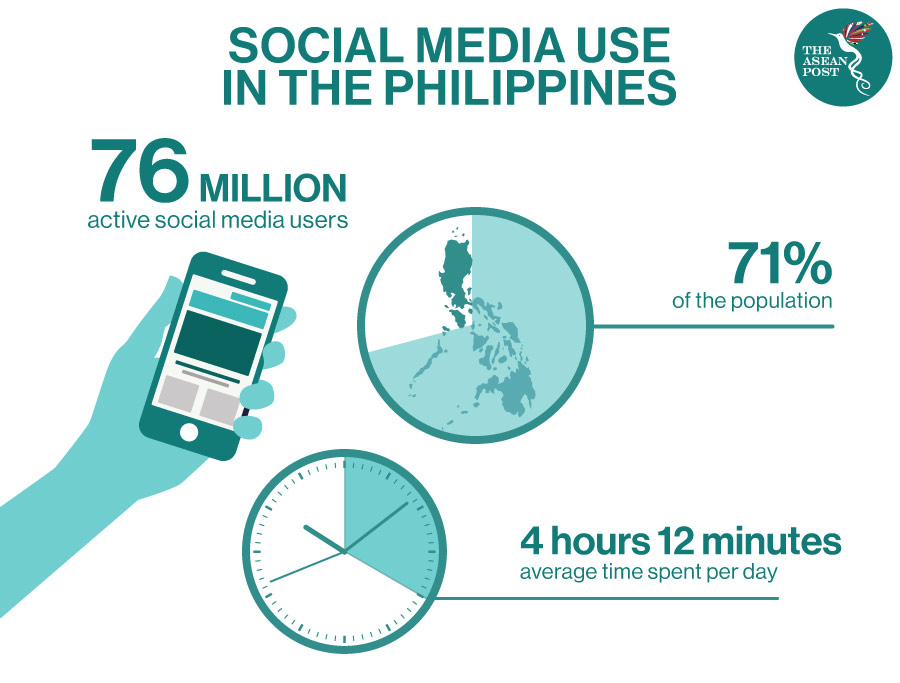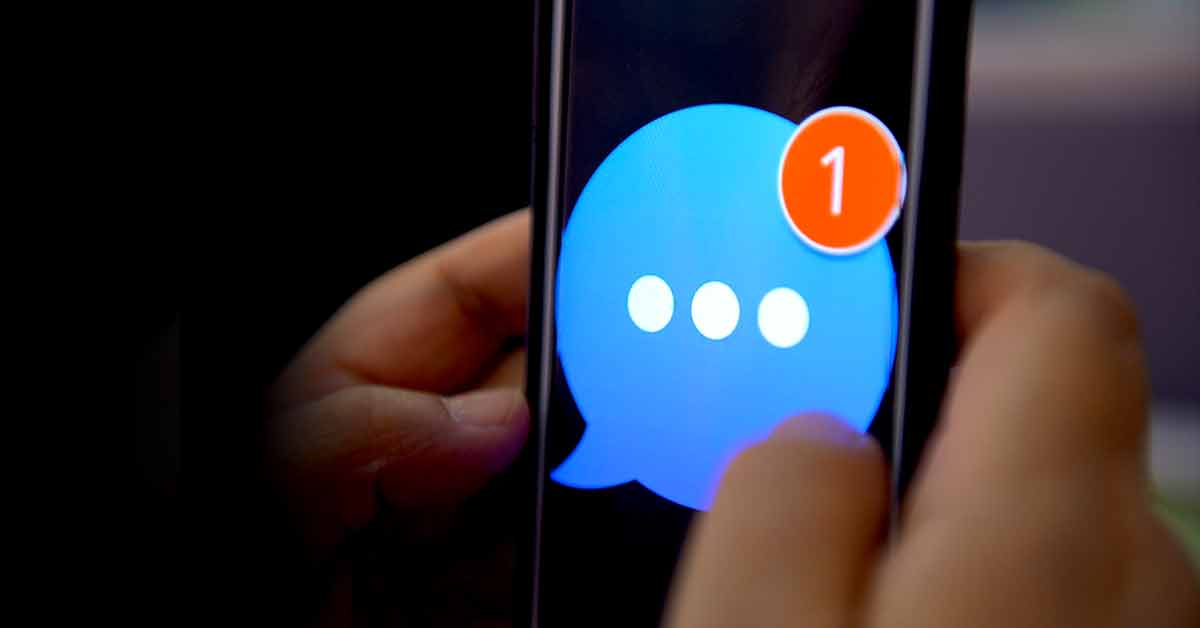Even before the pandemic, Filipinos have long realised the importance of information communication technologies (ICTs) such as personal and networked computers, mobile telephones, the internet and emails, including social media platforms (i.e. Facebook, Instagram, Twitter, Linked, etc.). These are used as powerful communication tools in advancing their work, activities, advocacies, and even furthering inter-personal relationships with friends, family members, colleagues, and even strangers living in the country and abroad.
In the advent of the COVID-19 pandemic, where access to conventional democratic spaces such as public meetings, and other social and political gatherings is constrained and limited, Filipinos have turned to social media, digital media, collaborative platforms and the like in carrying out public affairs and exercising “active citizenship” virtually. The various “social media platforms” have become all the more relevant and important for Filipinos amid the pandemic.
Social media platforms no longer just facilitate social communications, rather they are now used as communication tools through which Filipinos engage the state, state apparatus, and power-holders in the affairs of the government. They are also the primary means of directly participating in discussions and debates on issues both, local and national that affect their very lives, and more importantly influence local, national, and even international agenda.
“Social media” is a term used to describe any of several online platforms that utilise the technology of the internet to facilitate social interaction through written, visual, or audible communication. Examples of social media include blogging, podcasts, forums, online press releases, and social networking sites like YouTube, Facebook, Twitter, and LinkedIn.
Social media also play an important role in facilitating and disseminating vital information about the COVID-19 pandemic, especially on government and societal responses to the crisis. It has become the most relevant “democratic space” for public discussion, debate, and understanding of the novel coronavirus among Filipinos across socio-economic backgrounds and locations. It also facilitates real-time peer to peer information exchanges on COVID-19 related issues and concerns.
Furthermore, social media has become a venue for solidarity and cooperation among Filipinos across boundaries in facilitating help and assistance to the most vulnerable members of society while expressing gratitude and appreciation to all front liners, especially health workers. More than anything, it serves as a medium where Filipinos can directly voice out their criticisms as well as their appreciations of their leaders in government and the government as a whole and even of the private sector concerning COVID-19 and non-COVID-19 issues.
On another note, responsible social media influencers, with their huge number of followers, to a greater extent, facilitate a virtual sense of leadership especially in the dissemination of important information, even in countering misinformation. Something which traditional and mainstream media sometimes fail to do.

As a consequence, both public (state apparatus) and private institutions especially those with resources, are now integrating social networking and social media tools into their communications strategies, to enable them to connect and collaborate formally and informally across institutional and even national boundaries, and with people from different backgrounds quickly and inexpensively.
These social media tools allow institutions to have interactive conversations with their constituencies and the public in general; to have direct and real-time discussions with people, informing them about their cause and potentially influencing the minds of the public and vice-versa; and keep people more engaged and responsive to their causes and discussions.
Challenges
The use of social media is not without its challenges and problems. Social media is an information vacuum that disperses both, knowledge and information at a rapid and wanton speed, which makes it susceptible to abuse, manipulation, embellishment, blaming, gossiping, social vigilantism, chauvinism, and racism. More often than not, online discussions especially on contentious issues like the national response of the Philippines on COVID-19, the Anti-Terrorism Act of 2020, the unsuccessful franchise application of ABS-CBN, and even the recent State of the Nation Address (SONA) of President Rodrigo Duterte, become highly polarised causing divisiveness more than understanding and unity among Filipinos. Thus, social media, especially in the age of COVID-19, if not used responsibly, judiciously, and prudently can be counter-productive.
Since most social media channels remain unmoderated and are not equipped with the facility to credibly establish the identity of individual accounts, cases of internet-based manipulations related to fabricated social media accounts, or disinformation strategies like “fake news”, “hate speech” and the like, also saturate social media platforms. These in many ways pose threats to the country’s democracy and undermine many informed citizen opinions and decision-making on issues that confront the country, like the novel coronavirus pandemic for example. They also condense public discourse by virtue of – who can mobilise enough online trolls and print and broadcast hacks – to obscure objectivity and the truth.
Thus, in the face of unscrupulous politics, the crisis of ‘information disorder’, the manifestation of online hate, the proliferation of ‘content-marketing’, advertising, and the self-serving spin of public relations, propagated and disseminated through social media platforms, are e-issues that need to be countered and addressed, given that public interest is at stake.
Hence, in this “Digital Age”, there is not just democratisation of communications but also a constant flow of disinformation, misinformation, falsehoods, and fake news. For that reason, people must remain vigilant and prudent in trusting and believing news and information presented to them via social media platforms or any media platforms for that matter.
E-Democracy
The COVID-19 pandemic to a greater extent has made “E (Electronic)-Democracy” more relevant and influential than ever before. Social media has transformed and moved democratic processes from conventional physical spaces to virtual and digitalized ones. Nowadays, social media serves as a democratic space that is potent and formidable in facilitating direct engagement and participation of Filipinos in the affairs of the government, and discussions on issues that affect their lives. Thus, “active citizenship” through the use of various social media platforms like Twitter, Facebook, and the like in the time of COVID-19 has indeed thrived and gained traction significantly.
Now more than ever, “E-Democracy” and “active citizenship” through various social media platforms are alive and vibrant. To note, “E-Democracy” also known as “digital democracy or internet democracy” broadly means the exercise and support of democratic processes using digital information and communication technologies e.g. social media platforms, while “active citizenship” means people actively involved in the affairs of government and society both, at local and national levels.
Likewise, social media is also an equalizer and empowering tool as it provides people regardless of socio-economic background, education, race, religion, age, sexuality, and status in life, with the venue to voice out their opinions and perspectives on any issues that they may see important to them, and also provides democratised access to information and resources.
Despite the many challenges, particularly concerning the spread and circulation of misinformation, disinformation, and fake news on social media concerning issues related and unrelated to COVID-19, thus far, social media is at the moment the most relevant and vital space for the Philippine government and its relevant institutions, the private sector, humanitarian agencies, social media influencers, regular users and others, to discuss and disseminate information, issues, and concerns related to the novel coronavirus pandemic. The responsible use of social media is thus far imperative and critical.
Related articles:

